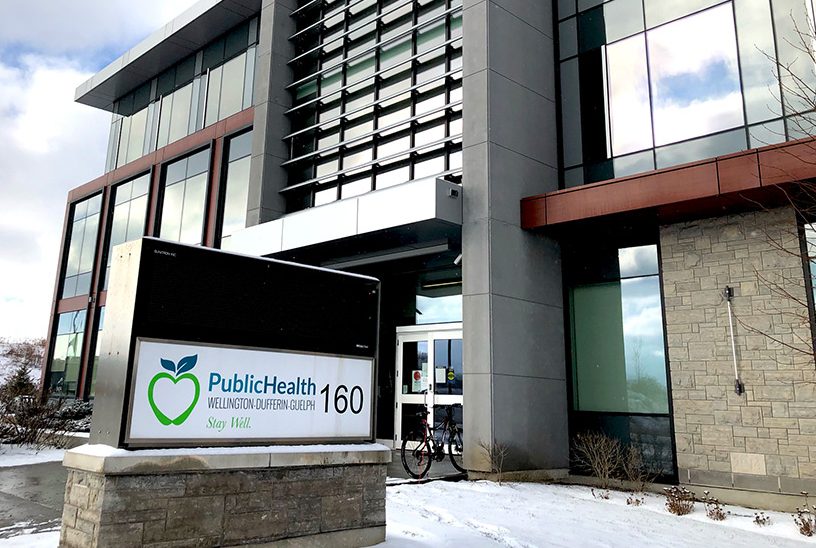GUELPH – While Wellington-Dufferin-Guelph Public Health (WDGPH) is ramping up its dental programs post-pandemic, it is struggling to find dentists to provide services for the Ontario Seniors Dental Care Plan (OSDCP).
WDGPH offers two dental programs – Healthy Smiles for children and youth under 19 in low-income families, and OSDCP for low-income seniors over 65.
Healthy Smiles has three main components: dental screenings in schools, preventative services in clinics, and emergency and urgent care services for those children who qualify.
The ramp up to Healthy Smiles has been successful, with 14,545 children screened in the 2022-23 school year; 476 received services for urgent needs and 816 for non-urgent needs.
And WDGPH is bringing its fluoride varnish program back to 42 schools in the region.
This program will be offered to all junior and senior kindergarten students in those schools as well as Grade 1 and 2 in the highest risk schools.
“We would love to see fluoride in all schools,” said Rita Isley, director of community health, chief nursing officer and author of the Feb. 7 report to the board of health.
“It has significant benefits to the overall health of a child, especially for those who are struggling.”
“It’s a very low-cost program,” said Medical Officer of Health Dr. Nicola Mercer, adding the program is currently funded by the municipalities and not the province.
But they both expressed concerns about the seniors’ dental plan.
The income threshold for the seniors’ dental program is $22,000 per year for a single, or $37,100 for a couple.
Many seniors find they are disqualified from the program if they receive a one-time government rebate or benefit that ups their income and knocks them out of eligibility.
Some 25 to 30% of local seniors in the program were disqualified in the 2022-23 year, according to the report.
“We want to eliminate that,” Mercer said. “These benefits should not push them over the income threshold.”
“We’re asking that those types of rebates are eliminated from the calculation,” Isley added.
The second problem – perhaps the biggest one – is that public health is having a hard time finding private-practice dentists to provide the services.
Currently, 13 dental service providers and only one oral surgeon are in the program for all of Guelph, Wellington and Dufferin.
“Seniors with complex medical histories and/or those with some degree of urgency are prioritized for referrals to the oral surgeon,” states the report.
“The oral surgeon has capacity to accept only one client every six months.”
The reason is fee codes, which don’t even cover the cost of the procedure for the dentist performing it.
“The fee codes … are well below the rates a dentist would charge,” Mercer said.
“This is becoming a significant barrier – it’s a difficult sell, asking the dentist to subsidize the program.”
Isley noted a dentist would charge about $4,000 for a tooth extraction and crown, while the OSDCP pays about $800 for the same procedure.
And the fee codes haven’t been adjusted since 2016.
“That’s the variance,” Isley said. “They are losing money and paying out of pocket.”
“This situation is not just unsustainable but ethically questionable,” Isley writes in the report.
“Access to appropriate dental providers is essential for the program and the clients.”
The recommendations that will be sent to the ministry, with the board’s approval, are that:
- fee code rates for dental providers in the OSDCP be reviewed;
- government rebates be removed from income calculations for the OSDCP program; and
- the fluoride varnish program be introduced in all publicly funded schools.
link

